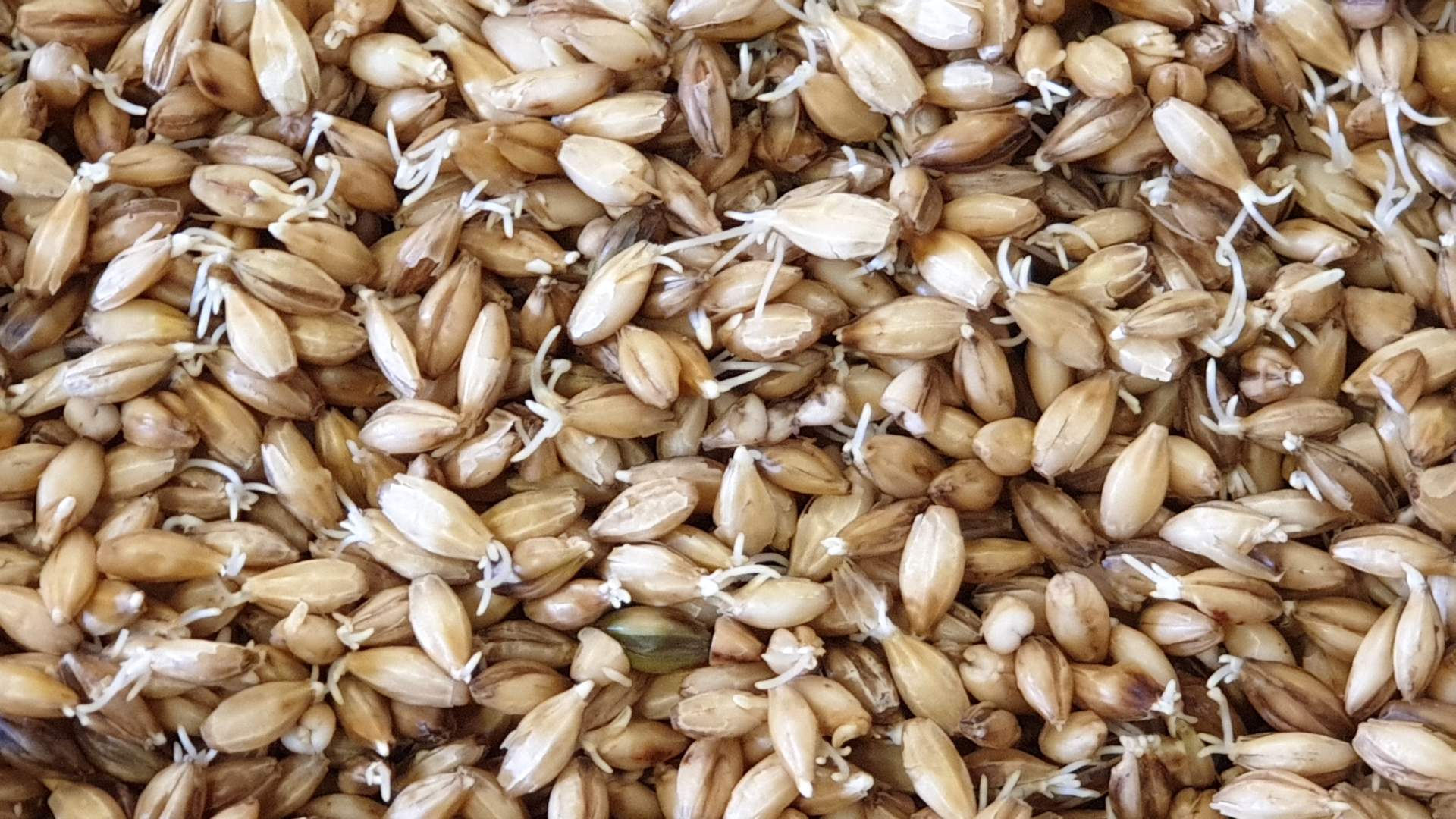Gerste ist die Hauptzutat von Whisky, und wie effizient man sie in Alkohol umsetzen kann, bestimmt die Menge an Geld mit, die man mit seinem Produkt verdient. Diese dauernde Züchtung auf mehr Ertrag hat aber natürlich auch einige Schattenseiten – denn dieser ist auch davon abhängig, wie das Klima ist, wie Schädlinge ferngehalten werden können und vieles mehr.
Gerade der Klimawandel, so das James Hutton Institute, hat die Erträge bei der Gerste in Schottland in den letzten Jahren negativ beeinflusst.
An der Gerste hängen in Schottland 40.000 Jobs, besonders weil sie für die Whiskyindustrie unverzichtbar ist. Daher hat man nun das International Barley Hub Field Centre des James Hutton Institute eröffnet, berichtet FarmingUK. Dort wird man wissenschaftliche Entdeckungen und Innovationen fördern, um die vorher genannten Probleme anzugehen, sowie neue Technologien für das Pflanzenmanagement, wie Präzisionslandwirtschaftssensoren und Drohnen, erproben. Insgesamt rechnet man, dass das Institut in den nächsten 30 Jahren über 100 Millionen mehr an Wirtschaftsleistung bringen als an Fördergeldern kosten wird, wovon 60 Millionen direkt Schottland zugute kommen wird.
Malcolm Offord, der britische Minister für Schottland, sagte zur Eröffnung und zum Investment der Regierung in der Höhe von 20 Millionen Pfund:
„The UK government is proud to invest £20m in the International Barley Hub at the James Hutton Institute. The project will not only bring great benefits to our fantastic food and drink industry, it will also directly benefit our economy, creating jobs and helping us achieve long-term growth.
The wonderful work that will be undertaken here at the IBH is testament to the vast research and development skills that we have in abundance here and how they can be used to boost prosperity for the good of the local area, for Scotland and for the whole of the UK.”

















